10 game-changing drug companies that are about to revolutionize how we treat illness
Gilead’s Sovaldi/Harvoni has the potential to cure Hepatitis C.

Aprecia Pharmaceuticals just got approval for the first 3D-printed drug.
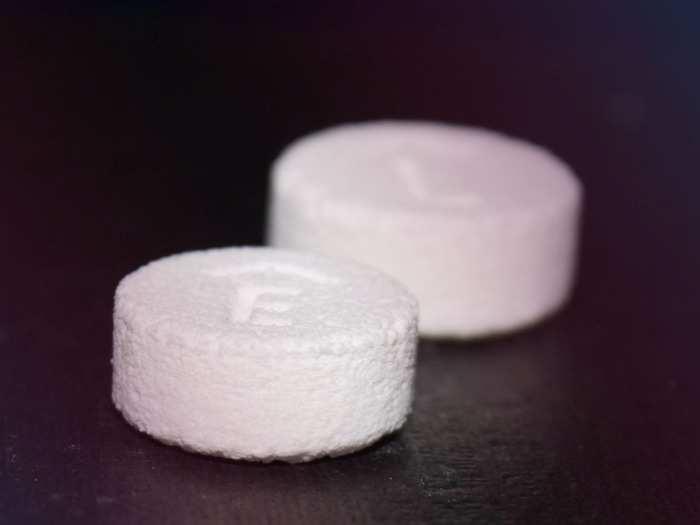
Earlier this month, the FDA approved the first 3D-printed drug, an epilepsy medication that's used to treat seizures in children and adults. The pill, which goes by the brand-name Spritam, is made by drugmaker Aprecia Pharmaceuticals.
By 3D printing the powdered form of the drug, it's manufactured into a tablet without being compressed, the FDA notes. This allows it to dissolve faster in the body, delivering the medicine quickly and easily — which is especially important for patients who have trouble swallowing.
Researchers think 3D-printed technology could also be used to make other, more personalized drugs, as well. The possibility of printing your own drugs is still pretty far off, but Aprecia's 3D-printed drug is a huge step forward.
Axovant is betting it all on an Alzheimer’s drug it bought for $5 million.

Axovant's a newbie: While it's only been around for a year, the company, led by 29-year-old former Wall Streeter Vivek Ramaswamy, has put all its eggs in the basket of an Alzheimer's disease drug in that's only one critical clinical trial away from getting approval. Since buying the drug from GSK for $5 million, the company is now valued at $3 billion.
There are very few drugs available to treat Alzheimer's disease; the average Alzheimer's drug has a 99% chance of failing. Researchers still haven't nailed down the exact cause of the disease, and very few trials of Alzheimer's drugs are taking place at the moment.
Novartis is leading the gene therapy renaissance.
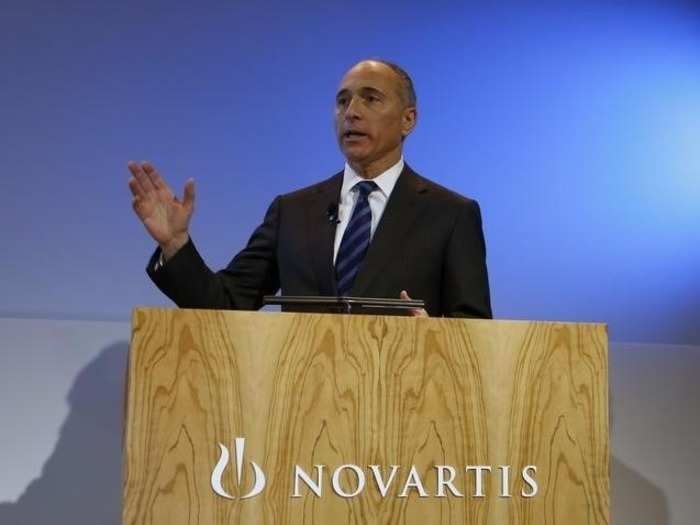
Novartis is on a path to creating a gene therapy that could help people with hearing loss restore some of that sense.
About 90% of hearing loss comes from injury, disease, or aging that causes a loss of special tiny hairs in the inner ear. Novartis' gene therapy involves a virus engineered to carry specific "fix-it" genes that would repair those genes in charge of growing the special hairs. Once the treatment is inserted into the inner ear, the virus carrying the gene therapy that acts as a master switch to turn the hair growth back on.
Novartis treated its first patient almost a year ago, but that trial will eventually build into a 45-person early stage trial. They plan to share their results in 2017.
Editas is trying to use genetic cut-and-paste to treat disease.
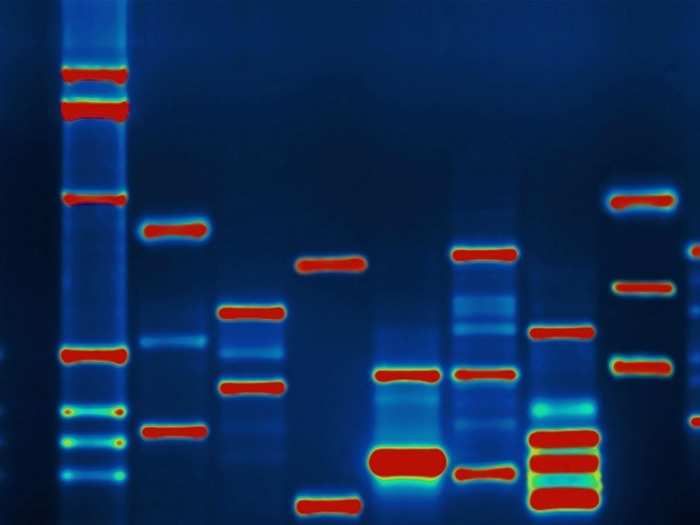
Companies like Editas Medicine have been working to develop new treatments for diseases using a gene editing technology called CRISPR-Cas9. Drug developers are interested in working with CRISPR to develop therapies that can go in and modify disease-causing genes.
And Editas could be the first to put it to the test. Earlier this month, Editas raised $120 million from investors including Bill Gates to keep studying CRISPR, and potentially figure out a way to make a therapy to treat gene-related diseases.
23andMe is leading the charge toward more specific medication.
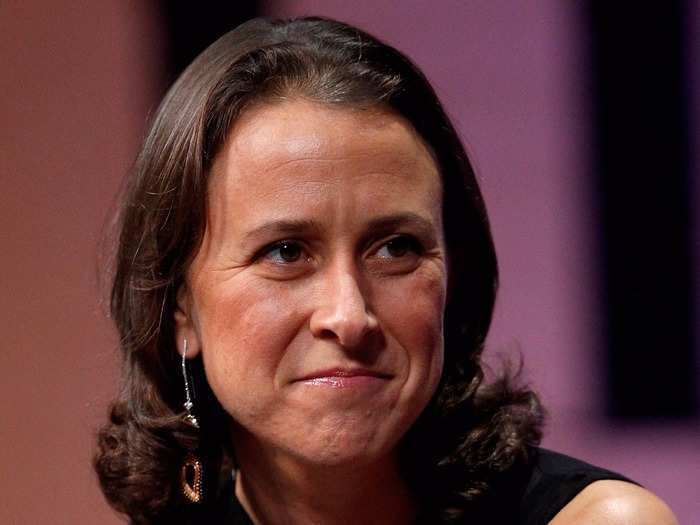
23andMe, a biotech company that makes $99 consumer genetic tests, launched its drug development branch back in March. The company hit 1 million users this summer, giving the company a huge database to study. And it's already formed partnerships with companies like Pfizer and Genetech, which will use 23andMe's database to investigate new drugs of their own. The company also the leadership help of Richard Scheller, who came over from Genentech to lead 23andMe's research and development team.
With its sizeable database, 23andMe could have a good shot of finding the specific genetic markers that make a person more likely to respond to certain treatments.
Inovio wants to make a vaccine for cancer.
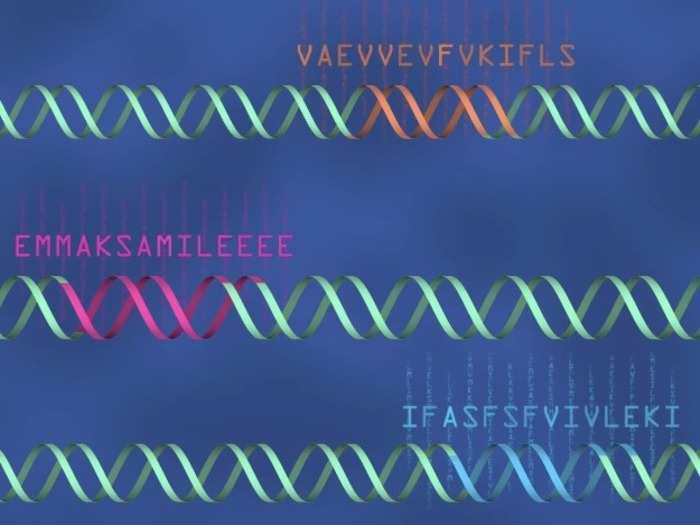
Earlier this summer, Pennsylvania immunotherapy company Inovio inked an up-to-$700-million deal with MedImmune, Astra Zeneca's biologics research and development arm.
Inovio plans to use the partnership to research DNA-based "vaccines" that would prevent disease by giving healthy cells the ability to recognize and attack diseased cells, priming themselves against a future invasion.
Currently, there's only one such vaccine available. The partnership will explore a vaccine in development for cervical cancer.
Juno Therapeutics wants to power up the immune system to fight cancer itself.
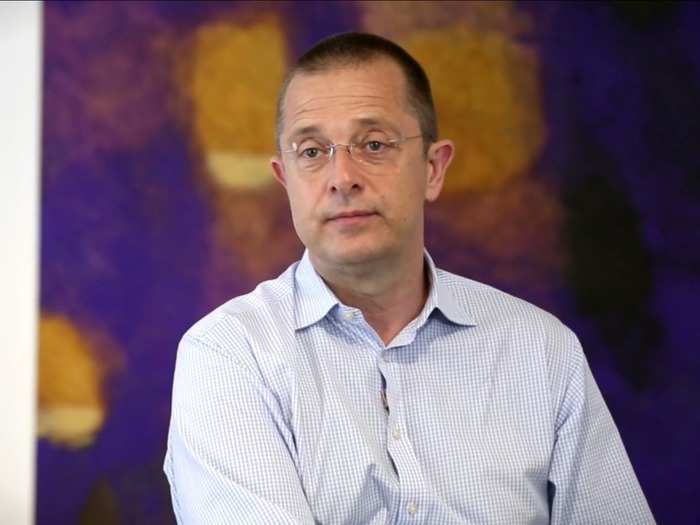
Using immunotherapy — a technique that involves triggering the immune system so that it responds to a certain disease — Juno is trying to get the body to attack the cancer cells that make tumors. Immunotherapy is used on all kinds of diseases in addition to cancer, including autoimmune conditions like Rheumatoid arthritis and viruses like Hepatitis C.
This summer, Juno agreed to a $1 billion collaboration with Celgene over the next 10 years to explore the drugs they currently have in early trials to treat different kinds of leukemia and lymphoma.
Novobiotic is creating smarter antibiotics.

There's a new technology called the "iChip" that scientists hope will help them analyze potential new antibiotics. It's been decades since a truly innovative new class of antibiotics has been developed. And the fear of antibiotic-resistant bacteria on the rise. These so-called superbugs don't respond to even the strongest antibiotics, which can be deadly.
To combat this problem, Novobiotic Pharmaceuticals is trying to identify new antibiotics that are tough enough to face these superbugs. Novobiotic's co-founder Kim Lewis was one of the researchers that identified a new antibiotic called teixobactin using the iChip. So far, no bacteria has been resistant to the new antibiotic, which is still in preclinical development.
Calico wants to figure out how and why we age.
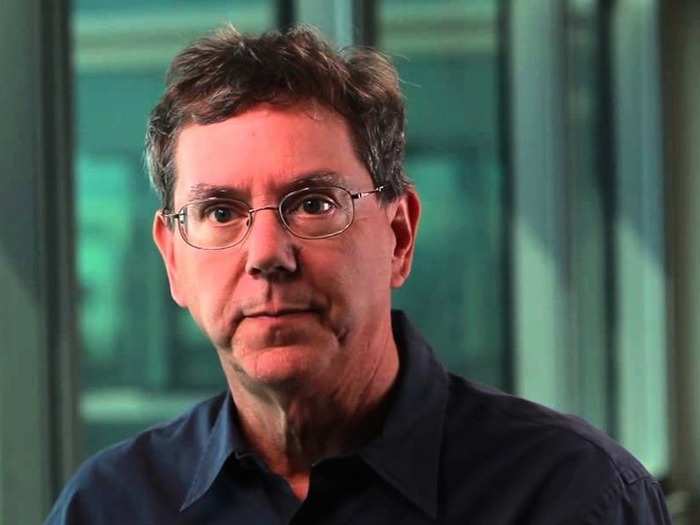
Google — soon-to-be Alphabet's — life science arm Calico has been fairly vague about what it wants to accomplish. Their goal is to figure out how and why we age, which means they're facing one of the toughest problems facing medicine: diseases of aging.
In the past year or so, Calico's inked a big deal with AbbVie, and another one this year with the genealogy-mapping company Ancestry. The Ancestry partnership will help them access more than a million sets of DNA to investigate diseases like Alzheimer's, Parkinson's and ALS (amyotrophic lateral sclerosis).
Popular Right Now
Advertisement